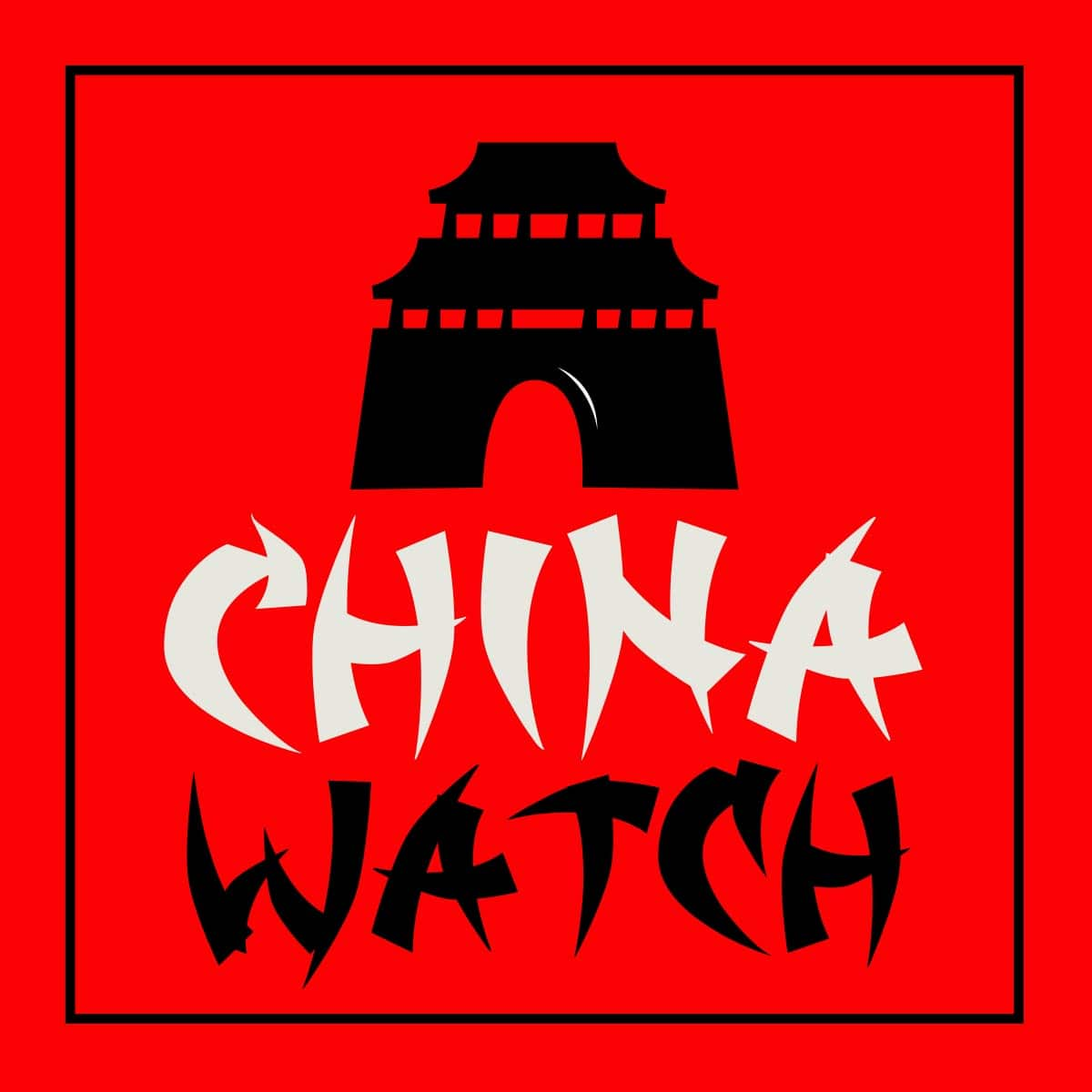



Note to readers: China’s ruling Communist party (CCP) holds an important meeting every five years that has analysts and diplomats parsing for clues into the country’s future. The 20th party congress is due to be held in Beijing this month. Here is the fifth of a series of interviews with Chinese experts and watchers in the run-up to the conference. You can read all the interviews here
The 20th Congress of the CCP due to begin on October 16 will allow China to announce its policy to deal with a set of challenges it faces in a post-Covid world. What changes China makes to rejuvenate its economy and the adjustments in its foreign policy have generated much interest in the Indo-Pacific where an assertive Chinese rise has already raised concerns.
Vijay Gokhale, a retired diplomat, and a former Foreign Secretary, is one of the most reputed and well-versed Sinologists in India. He has served as India’s ambassador to China and Germany and was also High Commissioner to Malaysia. Fluent in Mandarin, Gokhale has the distinction of being the only Indian diplomat to have served both in mainland China and Taiwan. He has served in various capacities in the foreign ministry’s East Asia desk and in Hong Kong, Hanoi, and New York.
Gokhale is currently a Senior Non-Resident Fellow of Carnegie India and a Distinguished Professor at Symbiosis, Pune. He is the author of several highly acclaimed books, the latest of which is, After Tiananmen: The rise of China.
He spoke to Pranay Sharma on the forthcoming party Congress and changes in China’s foreign policy in the post-Covid period. Edited excerpts from the interview.

If this happens we will be dealing with the current Chinese leader for at least five more years. We should remember that Chinese policy is not shaped by one person, but by the communist system that is in place. To that extent, I expect continuity in their approach towards India. Given our potential for rapid growth in this decade, I also expect that our capacities to handle this relationship will increase going forward, and this will impact our ties with China.
Also Read | There is distrust in China about India’s strategic objective: Odd Arne Westad
Xi Jinping has prevailed over the national security apparatus and bureaucracy and has a firm grip on power. If the post of Chairman is revived, it will amount to a change in nomenclature but there will be no substantial shift in power terms. However, we should be careful not to compare Xi Jinping with Mao Zedong. Both their objectives and the times they lived in are different.
Also Read | Xi Jinping believes the current century is China’s, says Rana Mitter
In the post-Covid period how has China’s foreign policy changed and what effect will it have on India and the Indo-Pacific region?China’s foreign policy has been adjusting to its growing comprehensive national power since 2010. It is no longer content to be a passive participant in a western-led world order. Significant efforts are being made to restructure it, including through the Belt and Road and the global development and security Initiatives. As its strategic perimeter widens to cover the entire Indo-Pacific region, our respective strategic peripheries will increasingly overlap. India must be prepared to deal with a more assertive China that wants to dominate our region in the post-Covid world.
China is keen on a duopoly with the United States but it also speaks of a multi-polar world. From Beijing’s point of view, are they the same since in both, China sees itself playing a central role?China considers only the US as its equal. In this decade, China seeks to build a multi-polar world with strong bi-polar characteristics. It talks of multi-polarity when it feels that the support of others will help in its struggle with America in shaping the global order to its needs.
China accuses the US of containing its rise. How will it respond to this challenge in a more effective way than it has in the past?It is intent on deepening its domestic capacities in new technologies, hardening supply chains in core sectors, developing new financial instruments to break the dollar hegemony and building global support among developing countries. This trend has accelerated since 2018.
After the Ukraine war, Russia is likely to depend more on China for its economic recovery. How will the evolving scenario affect India’s relations not only with Russia but also China?India has strategic relations with Russia that have survived the vicissitudes of the post-Cold War age. In recent years there are additional areas of cooperation in oil and gas and in Russia’s Far East. The deepening of Russo-China relations should be a matter of interest but, thus far, it has not impacted our national security. We should also recognise that the Ukraine war has increased mutual dependency because regime change in Russia will not be to China’s benefit either.
Also Read | Next 5 years may not be smooth for China: Mary Gallagher
India says for the 21st century to be Asia’s, both China and India will have to cooperate in a partnership. Do you see that happening?India’s vision for the Indo-Pacific is inclusive and developmental and calls for a consensual approach to the building of a rules-based order. I think India has said that it is ready for a partnership with all countries in this region, provided it is based on mutual respect, interests, and sensitivities to each other’s concerns. China should engage India on the Indo-Pacific agenda in a constructive way, rather than assume that this idea is simply somebody else’s.
Discover the latest Business News, Sensex, and Nifty updates. Obtain Personal Finance insights, tax queries, and expert opinions on Moneycontrol or download the Moneycontrol App to stay updated!
Find the best of Al News in one place, specially curated for you every weekend.
Stay on top of the latest tech trends and biggest startup news.